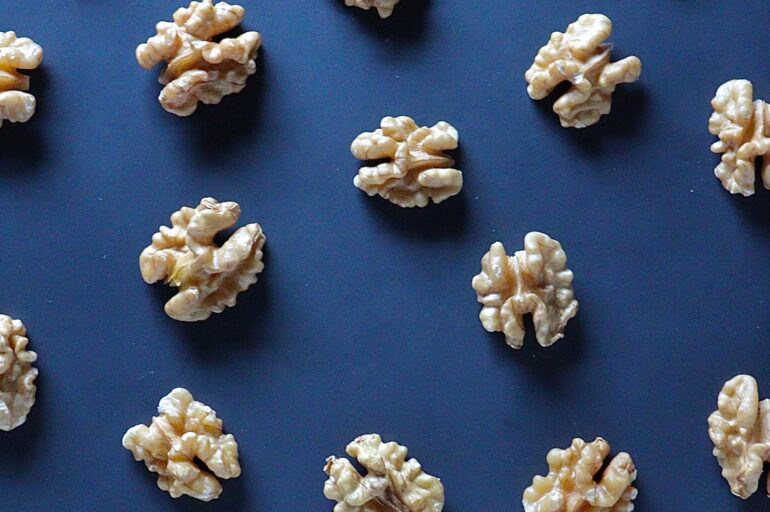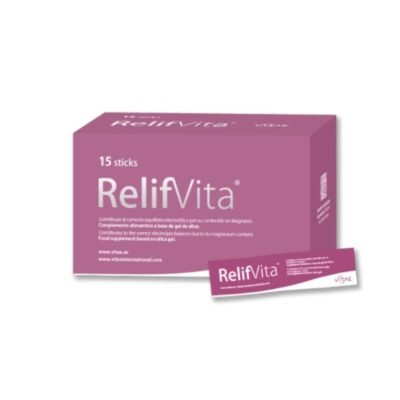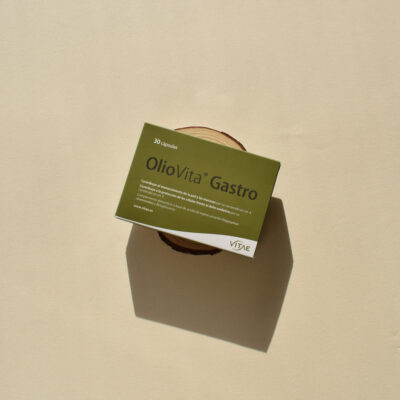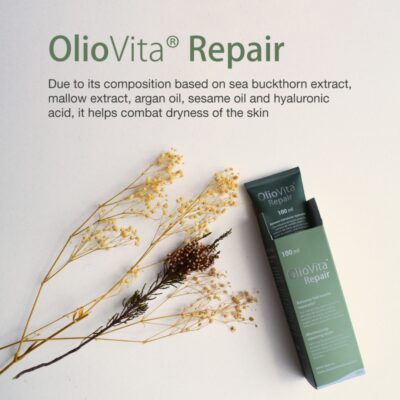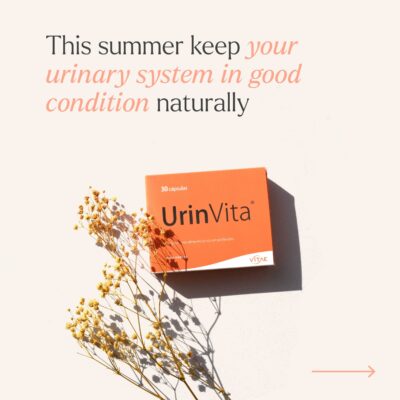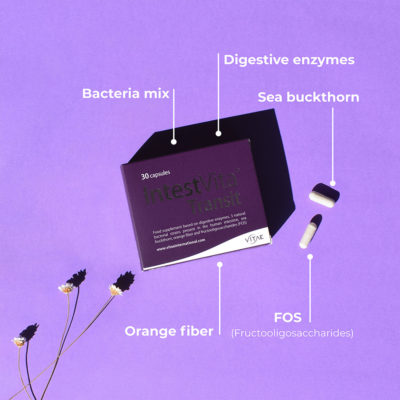In recent years, a lot has been said about the relationship between the intestine-brain-skin and how a good diet and mental health can help our skin health to be in the best condition. This axis opens a big research field because it has been found that the interaction between the three organs can significantly influence health and promote the development of some neurological and dermatologic pathologies such as acne, atopic dermatitis, rosacea…
In 1930, dermatologists Stokes and Pillsbury already considered that emotional states, such as anxiety and depression, could alter the intestinal microbiota and produce inflammation. In addition, having a high level of the stress hormone cortisol can alter the intestinal microbiota , the skin barrier and skin inflammation. In fact, stress causes changes in digestive secretions and also in intestinal permeability, all of which causes alterations in the bloodstream and the health of the microbiota.
What do we mean when we talk about the gut-brain-skin axis?
When we talk about the gut-brain-skin axis, we are referring to a connection between the nervous system (brain), gastrointestinal system (gut) and the skin and is based on the interaction of various systems and functions of the body, such as the immune system, the endocrine and the nervous system. In addition, it has been found that the relationship between these three organs can contribute to the development of certain neurological and dermatologic pathologies such as acne, atopic dermatitis and rosacea.
What can the brain-gut-skin axis influence?
- Mental and emotional health: it has been observed that a high level of cortisol, the stress hormone, can have a strong impact on the gastrointestinal area and at the same time can affect skin health.
- Inflammation: Our immune system and inflammation are key components in the connection between the brain, gut and skin.
- Nutrition and diet: Eating foods rich in nutrients and antioxidants can help maintain a balance between the intestinal microbiota and improve skin health
Tips for a good gut-brain-skin axis
There are some aspects that you should take into account to support this axis:
- Try to eat foods that are not processed or have a minimum, such as (green leafy) vegetables, fruits, legumes, eggs, seafood, and therefore avoid ultra-processed products, such as refined oils, sugar, sweeteners…
- Probiotic foods into our diet that contain beneficial microorganisms for our intestine, such as: kombucha , kefir, tempeh , miso, kimchi …
- Have good hydration , prioritizing water as a drink, also some infusions and coffee instead of sugary drinks and of course avoiding alcohol, since it has a negative effect on our health, increasing intestinal permeability.
- Do not alter our circadian rhythms , sleeping the necessary hours so that our body is rested. In addition to avoiding exposing yourself to screens before going to bed, regularly going to sleep at the same time and maintaining a temperature in the room that facilitates rest.
- Enjoy time for yourself. We already know that stress is the order of the day and it is necessary to enjoy moments that fulfill oneself to avoid reaching high levels of cortisol, since it influences the intestines.
- Exercise daily , avoid a sedentary lifestyle to have good intestinal health, since exercise favors the intestine-brain-skin axis, as well as improves the immune system.
What role do probiotics have in this gut-brain-skin axis relationship?
Probiotics as part of the treatment of skin pathologies such as acne or rosacea is increasingly evident . First of all, explain that probiotics are live microorganisms, which when administered in the appropriate doses, participate in the best possible way in our body so that there is a health benefit.
At Vitae we care about your health and that is why we try to offer the best of us, providing valuable ideas for your daily life. Many times, to achieve full well-being, supplementation is necessary, and below we tell you our proposal.
Vitae solution
OlioVita is a food supplement based on sea buckthorn oil, rich in Omega 7, Omega 3, 6 and 9, as well as natural vitamins A and E that contributes to the high nutrition and hydration of the skin and mucous membranes, in this case the digestive mucosa.
IntestVita Enzymes is a combination of three bacterial strains present in the human intestine with four digestive enzymes that contribute to promoting digestion and regenerating the beneficial intestinal flora, providing probiotics and digestive enzymes and thus being able to absorb nutrients correctly.
ReConnect It is a supplement based on NADH, Coenzyme Q10, Serine and Vitamin C, which thanks to the synergy of its components helps improve physical and mental performance, such as memory, stress, mental agility, mood, etc.

